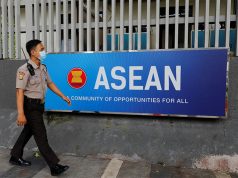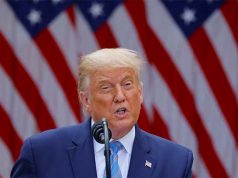The Philippines is on the list of countries with the freest internet use in the world, according to the latest data from a study.
The team at Proxyrack, a provider of internet proxies, analyzed which among 20 countries are the least and most internet-restricted in the world.
The research looked into each country’s censorship, level of internet restriction, number of people online per 100,000, social media restrictions, and internet freedoms.
The Philippines tied with Brazil for 7th place in Proxyrack’s top 10 list of countries with the most “internet freedoms” in the world.
Both countries received an internet freedom score of 65 or a status of “partly free” internet.
The top 10 countries that received the highest internet freedom scores are as follows:
- United Kingdom — 79
- Japan – 77
- Germany – 77
- United States — 76
- France — 76
- Italy – 75
- Brazil – 65
- Philippines – 65
- Mexico – 61
- Nigeria – 57
The internet freedom score is gathered from a separate study conducted by the Freedom House, an organization that advocates freedom in democratic nations.
The Philippines also received a 5.26 over 10 in internet restriction score, thus referring that the country has a moderately less restricted internet.
It should be noted that a lower score on the list means that the country has fewer restrictions than the one with a higher score.
Under this category, the top 10 categories with fewer restrictions on internet use are as follows:
- United Kingdom – 0
- Japan – 0.4
- Germany – 66
- France — 79
- United States – 1.06
- Italy – 45
- Brazil – 2.11
- Mexico – 3.55
- Philippines – 5.26
- Nigeria – 5.40
Despite being the “freest” in the world, the United Kingdom’s regulations aim to protect users from harm.
“The UK mainly has laws in place to protect users from harmful or illegal content and hate speech, although some critics have suggested these are too broad and could limit freedom of expression online,” it said.
The data in the research was accumulated by analyzing the countries in different factors or categories.
“Beginning with a list of countries, we analyzed each one on the following factors. We then gave each country a normalized score out of ten for each of the factors, before taking an average across each of these scores to reach our final overall score out of ten,” the methodology reads.
The full report can be accessed here Internet Freedom Around The World – Proxyrack.










